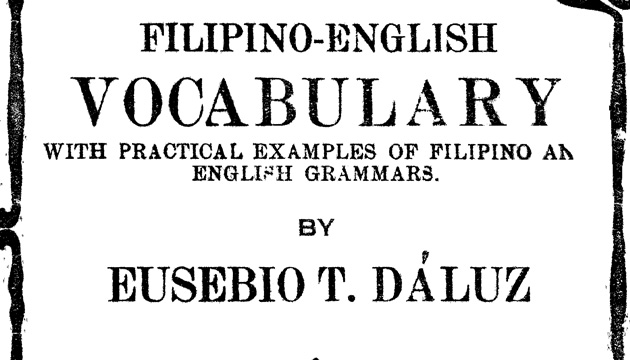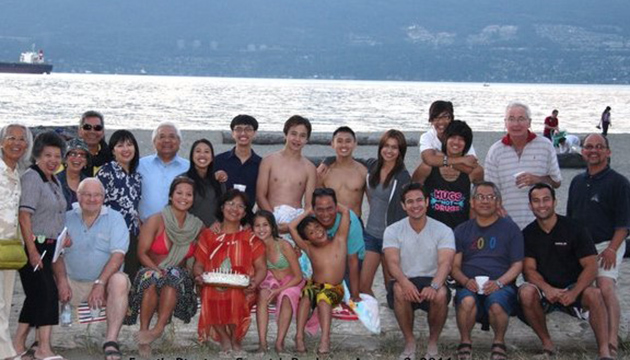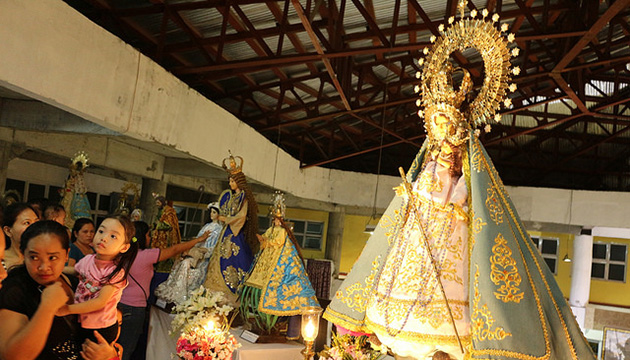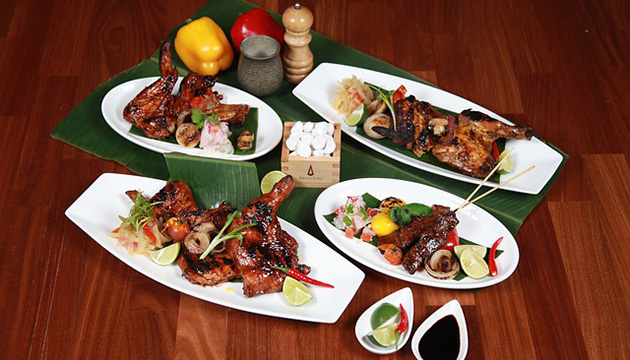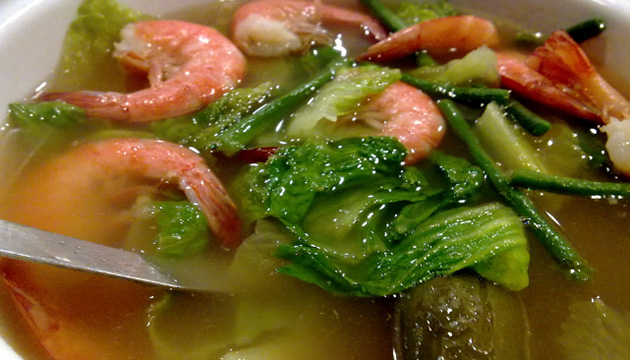Baybayin: Does this Ancient Filipino Script Have a Future?
Once there was Baybayin, the Philippine’s pre-colonial syllabary - a set of written symbols that represent syllables that make up words. It thrived not just among the affluent but in all levels of society. Characterized by its wave-like script, Baybayin surprised curious Spaniards in its wide use as the prevalent reading and writing communication mode at that time.



